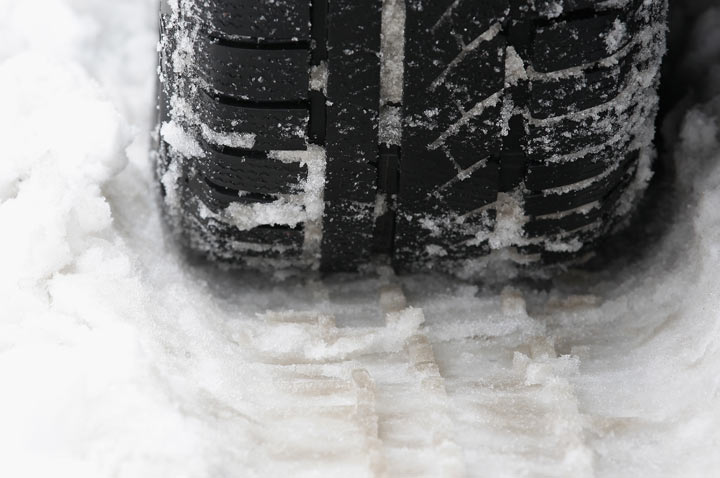EDMONTON — Alberta motorists were once again subjected to treacherous driving conditions as wild and wintry conditions hit the province hard on Thursday.

Officers were “overwhelmed” by the number of crashes on the QEII. In one incident, a traffic sheriff was injured when an out-of-control semi truck jackknifed and slid into him and his cruiser. The officer was checking on motorists involved in another crash near Red Deer at the time.
READ MORE: Travel on Alberta highways still not recommended
As for Edmonton, the collision tally between 6 a.m. & 9 p.m. Thursday was 116 property damage collisions, five crashes resulting in an injury, and 14 hit and runs. And from 6 to 11 a.m. on Friday, there were 46 property damage collisions, two injury crashes, and nine runs hit and runs.
It begs the question: should winter tires be mandatory in Alberta? And could more winter tires on the roads have prevented some of the crashes seen across the province?
Forty-five per cent of Alberta drivers are riding on winter tires, according to a recent survey by The Tire and Rubber Association of Canada. That’s below the 51 per cent national average.
The association’s study also showed that 66 per cent of drivers not using winter tires believe all-seasons do the job during winter months.
READ MORE: Winter tires – Do you need them?
MLA Thomas Lukaszuk asked Albertans on Twitter last month whether the province should make winter tires mandatory in Alberta during winter.
Quebec is the only province in Canada requiring vehicles to be equipped with four snow tires. There, winter tires are mandatory from December 15 to March 15.
In British Columbia, winter tires are only required by law in certain mountainous regions from October 1 to March 31.
Cost is the reason for not purchasing winter tires for 29 per cent of Albertans, the recent study shows, and 20 per cent don’t use winter tires because they don’t drive often in the winter.
According to tire experts, once the temperature drops below seven degrees Celsius, all-season tires lose their grip and braking distance.
READ MORE: The difference between all-season and all-weather tires
“The rubber is just too hard in the tread to give you proper grip and you don’t even need to have snow and slush, just a wet road at seven degrees or lower and your grip is greatly diminished,” explained Bill Gardiner from Kal Tire.
Experts say winter tires have a softer rubber, more treads and deeper grovers for better traction on snow and ice.
Editor’s note: This story was originally published Nov. 18 and updated on Nov. 28 following Alberta’s snowstorm.


Comments